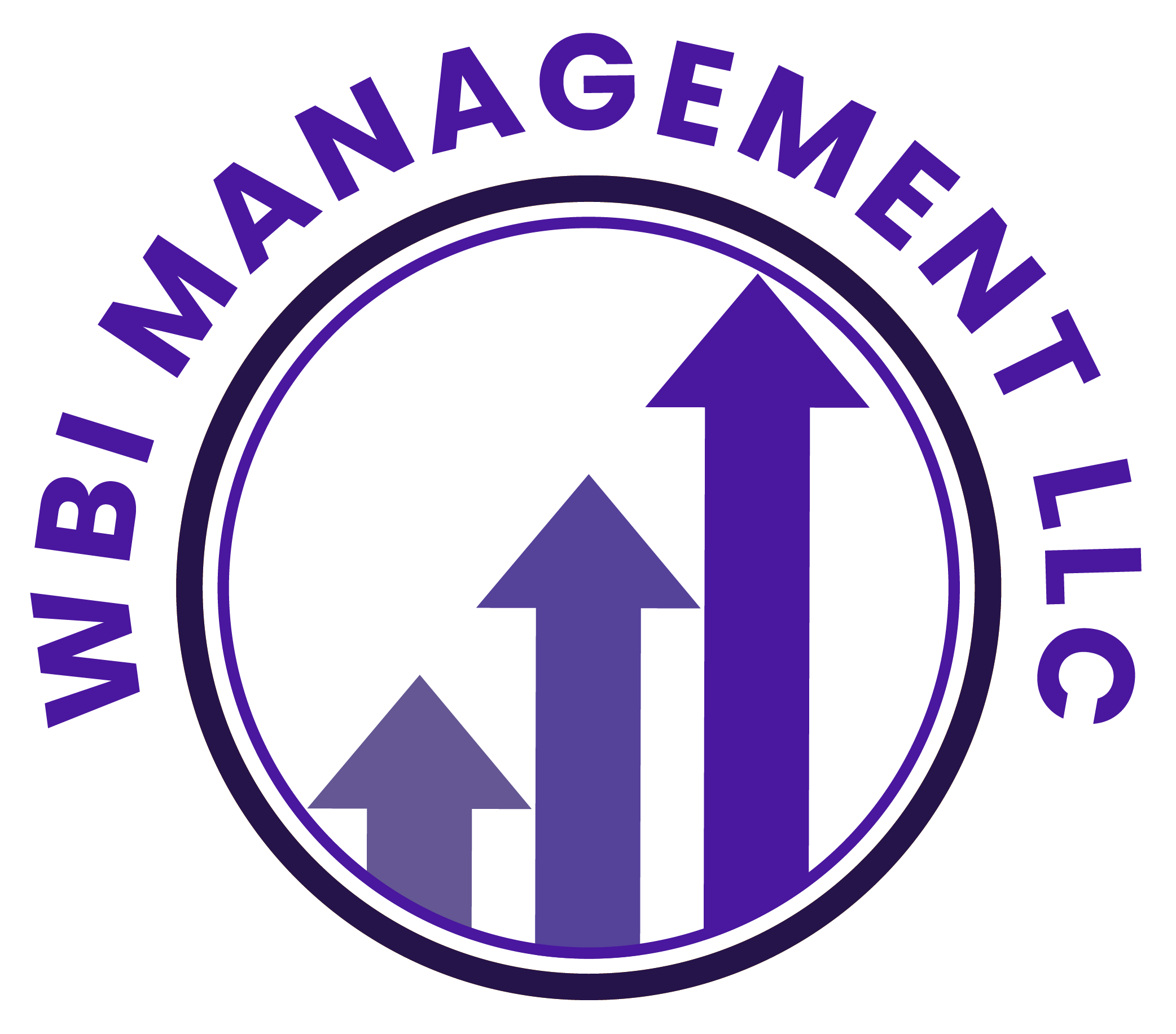We scoured the internet for the best business loans for women. There are a number of great business loans which women can take advantage of today.
Collateral-Based Financing
Collateral-based financing offers low rate financing. Personal credit quality and revenue don’t determine your approval. Some acceptable collateral includes:
- Account receivables and purchase orders
- 401k, IRA, stocks, and bonds
- Inventory
- Equipment
The idea behind collateral-based financing is that a lender needs an assurance. For the lender, a great assurance that you will pay back financing is when your property is at stake if you don’t.
Cash Flow and Unsecured Financing
Cash flow financing is another great loan program for veterans, if you’ve been in business one year or longer and have $10,000 in monthly revenue.
Unsecured financing is available for entrepreneurs who are veterans, up to $150,000. You can get approval if you have good personal credit, and get 0% intro rates for 6-18 months… even as a startup.
The Small Business Administration
The SBA offers some great loan programs including their 7(a) loan for working capital. To get approval you’ll need:
- 3 years of business and personal tax returns
- Good personal, business, and bank credit
- Collateral for 50-70% of what you’re borrowing
SBA Express
The SBA Express program is a great loan program for women. You can get approval for a loan up to $350,000. Get rates of 4.5-6.5%. Get a line-of-credit good for 7 years. No collateral is necessary for up to $25,000. There is a turnaround in 36 hours.
Veteran Women Igniting the Spirit of Entrepreneurship (V-WISE)
For women who are also veterans, the Veterans Women Igniting the Spirit of Entrepreneurship (V-WISE) is an SBA funded program provided by the Institute for Veterans and Military Families which includes online training, a conference that harnesses the unique esprit de corps of women veterans and female military spouses, and follow-on mentoring through a community of partners.
Alternative Lenders
If you have good personal credit and tax returns for 2 years that show a profit, alternative lenders have programs that may work. You can get approval with rates of 7% or lower. Lenders will want to see some type of profit on your tax returns.
The Greatest Alternative of Them All: Business Credit Building
Business credit is credit in a business’s name. It doesn’t attach to an entrepreneur’s individual credit, not even when the owner is a sole proprietor and the only employee of the company. Therefore, a business owner’s business and individual credit scores can be very different.
The Advantages
Because company credit is distinct from individual, it helps to secure an entrepreneur’s personal assets, in the event of legal action or business insolvency. Also, with two distinct credit scores, a business owner can get two different cards from the same merchant. This effectively doubles purchasing power.
Another benefit is that even new ventures can do this. Going to a bank for a business loan can be a formula for disappointment. But building small business credit, when done correctly, is a plan for success.
Personal credit scores depend upon payments but also additional components like credit usage percentages. But for company credit, the scores really only hinge on whether a small business pays its bills punctually.
The Process
Establishing small business credit is a process, and it does not happen without effort. A company will need to actively work to establish company credit. Nonetheless, it can be accomplished readily and quickly, and it is much more rapid than developing consumer credit scores. Vendors are a big component of this process.
Performing the steps out of order will result in repeated denials. Nobody can start at the top with business credit. For example, you can’t start with store or cash credit from your bank. If you do you’ll be denied 100% of the time.
Company Legitimacy
A corporation needs to be bona fide to creditors and merchants. Consequently, a small business will need a professional-looking web site and email address, with site hosting bought from a supplier such as GoDaddy. Also company telephone and fax numbers ought to be listed on 411.com.
Additionally the business telephone number should be toll-free (800 exchange or the like).
A business will also need a bank account devoted strictly to it, and it must have all of the licenses necessary for operating. These licenses all must be in the exact, appropriate name of the company, with the same company address and phone numbers. Keep in mind that this means not just state licenses, but potentially also city licenses.
Dealing with the IRS
Visit the Internal Revenue Service web site and get an EIN for the company — they’re totally free. Select a business entity such as corporation, LLC, etc. A company can begin as a sole proprietor but will most likely wish to switch to a variety of corporation or partnership to lessen risk and make the most of tax benefits.
A business entity will matter when it comes to tax obligations and liability in the event of a lawsuit. A sole proprietorship means the entrepreneur is it when it comes to liability and taxes. Nobody else is responsible.
If you are a sole proprietor, at the very least be sure to file for a DBA. If you do not, then your personal name is the same as the company name. Because of this, you can end up being personally liable for all company debts.
And also, per the Internal Revenue Service, using this structure there is a 1 in 7 probability of an IRS audit. There is a 1 in 50 probability for incorporated businesses! Steer clear of confusion and drastically reduce the odds of an Internal Revenue Service audit at the same time.
Starting Off the Business Credit Reporting Process
Start at the D&B web site and get a free DUNS number. A DUNS number is how D&B gets a corporation in their system, to produce a PAYDEX score. If there is no DUNS number, then there is no record and no PAYDEX score.
Once in D&B’s system, search Equifax and Experian’s websites for the small business. You can do this at https://www.creditsuite.com/reports/. If there is a record with them, check it for correctness and completeness. If there are no records with them, go to the next step in the process. In this way, Experian and Equifax will have something to report on.
Trade Lines
First you ought to build trade lines that report. This is also referred to as vendor credit. Then you’ll have an established credit profile, and you’ll get a business credit score. And with an established business credit profile and score you can start getting revolving store and cash credit.
These sorts of accounts have the tendency to be for the things bought all the time, like coffee, shipping boxes, outdoor work wear, ink and toner, and office furniture.
But to start with, what is trade credit? These trade lines are creditors who will give you initial credit when you have none now. Terms are frequently Net 30, rather than revolving. So if you get approval for $1,000 in vendor credit and use all of it, you need to pay that money back in a set term, like within 30 days on a Net 30 account.
Details
Net 30 accounts must be paid in full within 30 days. 60 accounts need to be paid in full within 60 days. Unlike with revolving accounts, you have a set time when you must pay back what you borrowed or the credit you made use of.
To begin your business credit profile the proper way, you should get approval for vendor accounts that report to the business credit reporting agencies. Once that’s done, you can then use the credit, repay what you used, and the account is reported to Dun & Bradstreet, Experian, or Equifax.
Not every vendor can help in the same way true starter credit can. These are merchants that will grant an approval with minimal effort. You also need them to be reporting to one or more of the big three CRAs: Dun & Bradstreet, Equifax, and Experian.
But you may need to apply more than once to these vendors, and you may have to buy some things you do not need to have, to verify you are reliable and will pay on time. Consider donating unwanted items to charity.
Revolving Store Credit
Once there are 5 — 8 or more vendor trade accounts reporting to at least one of the CRAs, move onto revolving store credit. These are businesses like Office Depot and Staples. These companies are more likely to have products you need. Use the business’s EIN on these credit applications.
Fleet Credit
Are there 8 – 10 accounts reporting? Then progress to fleet credit. These are businesses such as BP and Conoco. Use this credit to purchase, fix, and maintain vehicles. Make certain to apply using the small business’s EIN.
Cash Credit
Have you been responsibly handling the credit you’ve up to this point? Then progress to cash credit. These are companies such as Visa and MasterCard. Keep your SSN off these applications; use your EIN instead.
Monitor Your Business Credit
Know what is happening with your credit. Make sure it is being reported and take care of any inaccuracies ASAP. Get in the habit of checking credit reports and digging into the specifics, and not just the scores.
We can help you monitor business credit at Experian and D&B for only $24/month. See: https://www.creditsuite.com/business-credit-monitoring. Update the info if there are inaccuracies or the information is incomplete.
Challenging Errors
What’s all this monitoring for? It’s to dispute any mistakes in your records. Errors in your credit report(s) can be corrected. But the CRAs generally want you to dispute in a particular way.
Disputing credit report errors normally means you mail a paper letter with copies of any proofs of payment with it. These are documents like receipts and cancelled checks. Never send the originals. Always mail copies and keep the originals.
Disputing credit report mistakes also means you specifically detail any charges you dispute. Make your dispute letter as clear as possible. Be specific about the issues with your report. Use certified mail so that you will have proof that you sent in your dispute.
A Word to the Wise About Business Credit
Always use credit responsibly! Don’t borrow beyond what you can pay off. Monitor balances and deadlines for payments. Paying off on time and fully will do more to increase business credit scores than virtually anything else.
Growing company credit pays. Excellent business credit scores help a corporation get loans. Your lending institution knows the corporation can pay its debts. They know the small business is authentic. The business’s EIN attaches to high scores, and lending institutions won’t feel the need to require a personal guarantee.
Takeaways for the Best Business Loans for Women
The best business loans for women are out there. Check them out and get the funding your business needs! Learn more here and get started toward building business credit and getting company funding.




